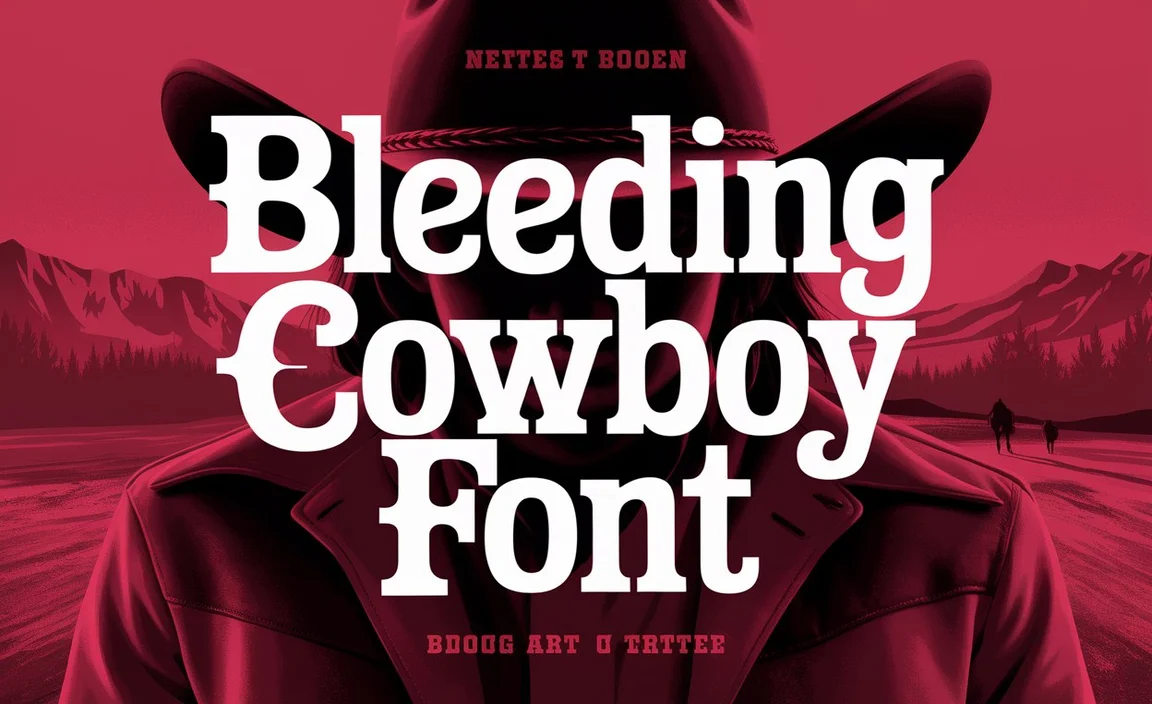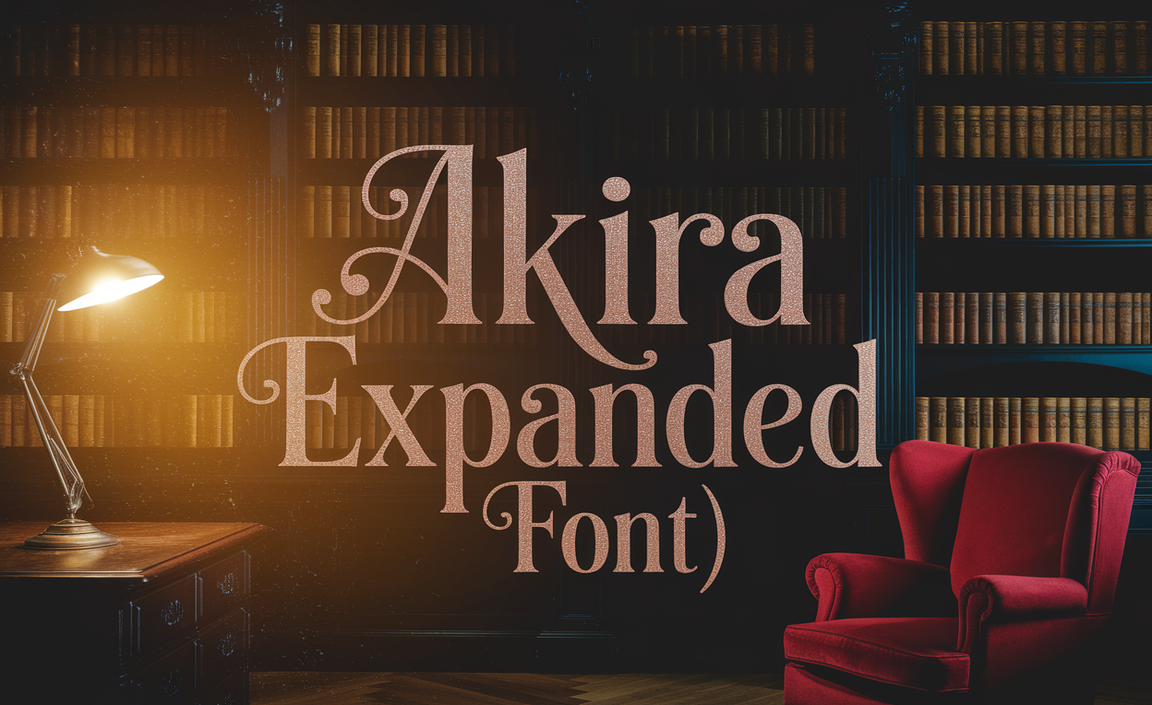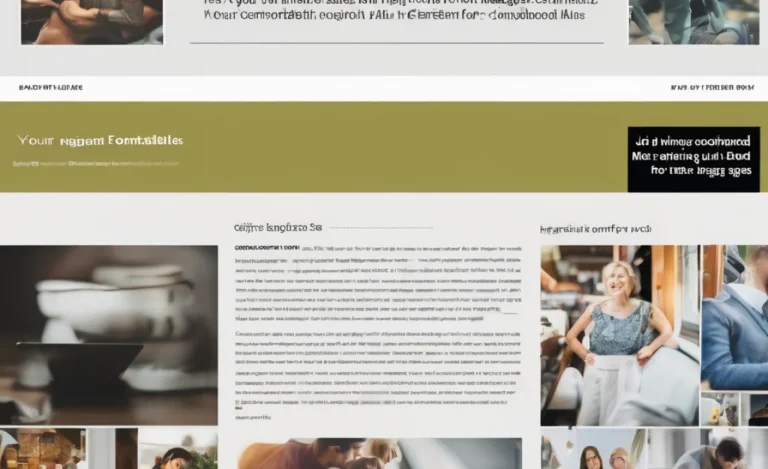Understanding the font family inherit concept in CSS is crucial for creating visually appealing and consistent web designs. Designers need to know how inheritance affects font styles, how to manage font family properties, and how browsers handle font selection. This guide breaks down everything you need to know.
What Is Font Family Inherit In CSS?

In CSS, the inherit value is used to make an element inherit a font property from its parent element. While some properties inherit by default, like font-family, others require explicit inheritance.
p {
font-family: inherit;
}Here, the <p> tag will inherit its font family from its parent element.
Understanding CSS Inheritance

What Is CSS Inheritance?
CSS inheritance is the mechanism by which certain CSS properties are passed down from a parent element to a child element. Font properties, including font-family, font-size, and font-variant, are naturally inherited.
How Inheritance Affects Fonts
- Text elements like
<p>,<h1>, and<span>inherit font styles. - Non-text form elements (like
<input>and<button>) usually do not inherit font properties. - The CSS specification allows designers to override inheritance when needed.
Font Family and CSS Inheritance

The Role of Font Family
The font-family property defines a list of available fonts that a browser should use. If a specified font is not available, the fallback font will be used.
Example:
body {
font-family: "Times New Roman", serif;
}Generic Families and Default Styles
CSS supports five generic family types:
- Serif fonts (e.g., Times New Roman)
- Sans-serif fonts
- Cursive fonts
- Fantasy fonts
- Monospace fonts
Using generic families ensures that the browser will select an appropriate system font if needed.
Font Selection and Custom Fonts

Custom Font Usage
Designers often use custom fonts for branding. This is done using @font-face:
@font-face {
font-family: "MyFont";
src: url("myfont.woff2") format("woff2");
}Then apply it:
body {
font-family: "MyFont", sans-serif;
}Variable Fonts
Variable fonts offer flexibility in weight, width, and style, reducing the number of font files required.
@font-face {
font-family: "CustomFont";
src: url("customfont.woff2") format("woff2");
font-weight: 100 900;
}CSS Font Properties and Styling

Key Font Properties
- font-family – Defines the font family name.
- font-size – Controls text size.
- font-style – Specifies italic or normal text.
- font-variant – Allows for small caps or other variations.
- font-weight – Defines thickness.
Example:
h1 {
font: italic small-caps bold 16px/2 "Times New Roman", serif;
}Managing Inherited and Default Styles
Default Font in Browsers
Each browser has a default font for body text and elements. Some elements, like form elements, may not inherit font styles automatically.
Overriding Inherited Values
Use the initial or unset keyword to override inheritance.
h1 {
font-family: initial;
}This resets the font property to the browser’s default font.
Conclusion
Understanding font family inherit in CSS helps designers maintain consistency and improve website font choice. By leveraging inheritance, font properties, and custom fonts, you can create better typography for web projects. Experiment with different font-family names and fallback fonts to achieve the best results.
FAQs
1. What Is Font Family Inheritance?
It’s when an element takes its font settings from its parent element.
2. Does Every Element Inherit Font Properties?
No. Text elements do, but some form elements don’t.
3. What’s The Best Fallback Font Strategy?
Always include a generic family like serif or sans-serif.
4. Can I Force A Font To Inherit In CSS?
Yes, using font-family: inherit;.
5. What Happens If A Font Is Not Available?
The fallback font from the font-family list is used.
6. How Do I Use A Custom Font?
Use @font-face to define a custom font.
7. Do Browsers Handle Inheritance The Same Way?
Most do, but browser versions can have slight differences.
8. What’s The Difference Between Inherited And Default Styles?
Inherited values come from the parent, while the browser sets default styles.
9. How Do I Reset Inherited Font Styles?
Use initial or unset to override inherited values.
10. What Are Variable Fonts?
They allow multiple font variations in a single font file.











